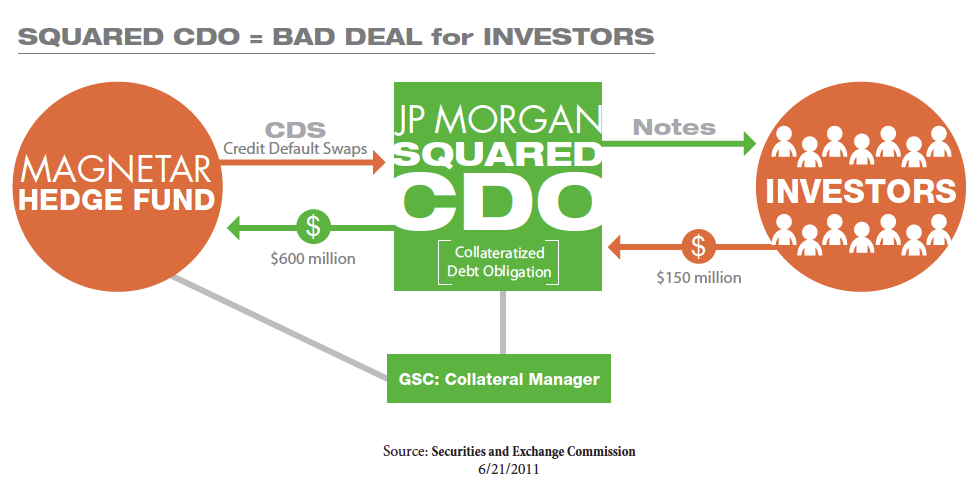Marshall Auerback: “Extend and Pretend” Continues in the Euro Zone
By Marshall Auerback, a portfolio strategist and hedge fund manager. Cross posted from New Deal 2.0.
Markets are celebrating the triumph of an anti-labor, pro-capital agenda. But is social unrest the consequence?
The Europeans genuinely must genuinely believe that they can get blood out of a stone. Or perhaps resort to a modern day equivalent of turning lead into gold. There’s no other reason to explain the euphoria now prevalent in the markets, in light of the approval by Greece’s lawmakers to pass a key austerity bill, thereby paving the way for the country to get its next bailout loans that will prevent it from defaulting next month.
Read more...
